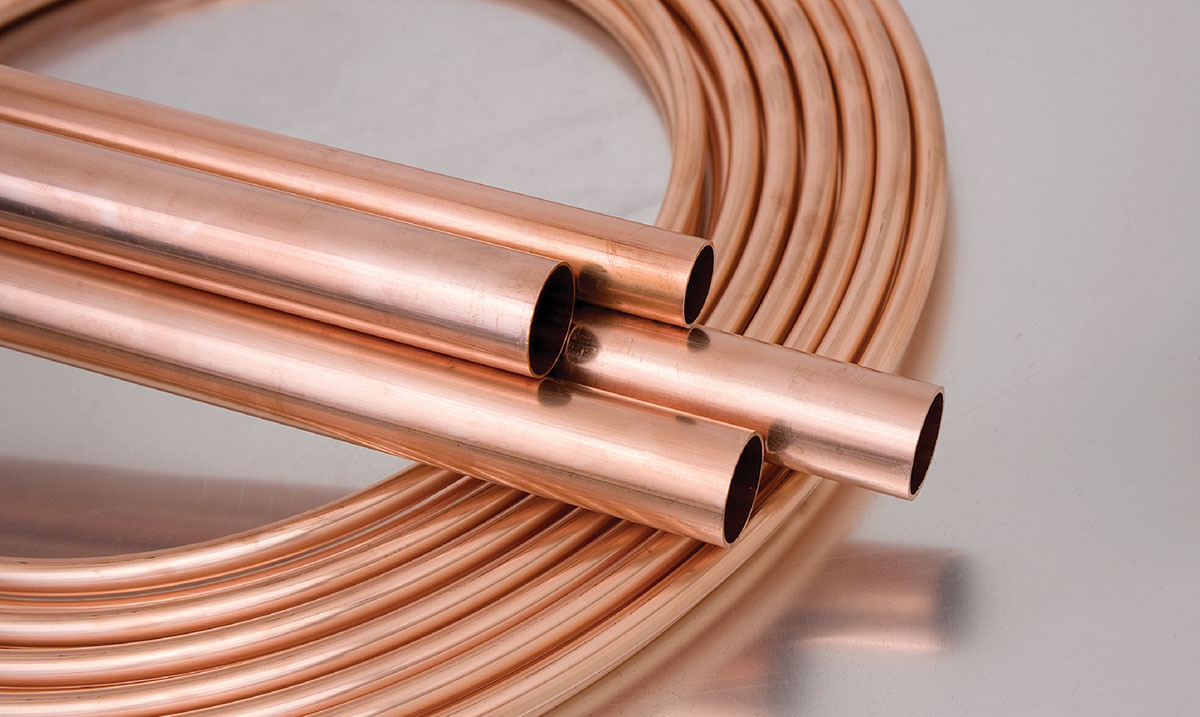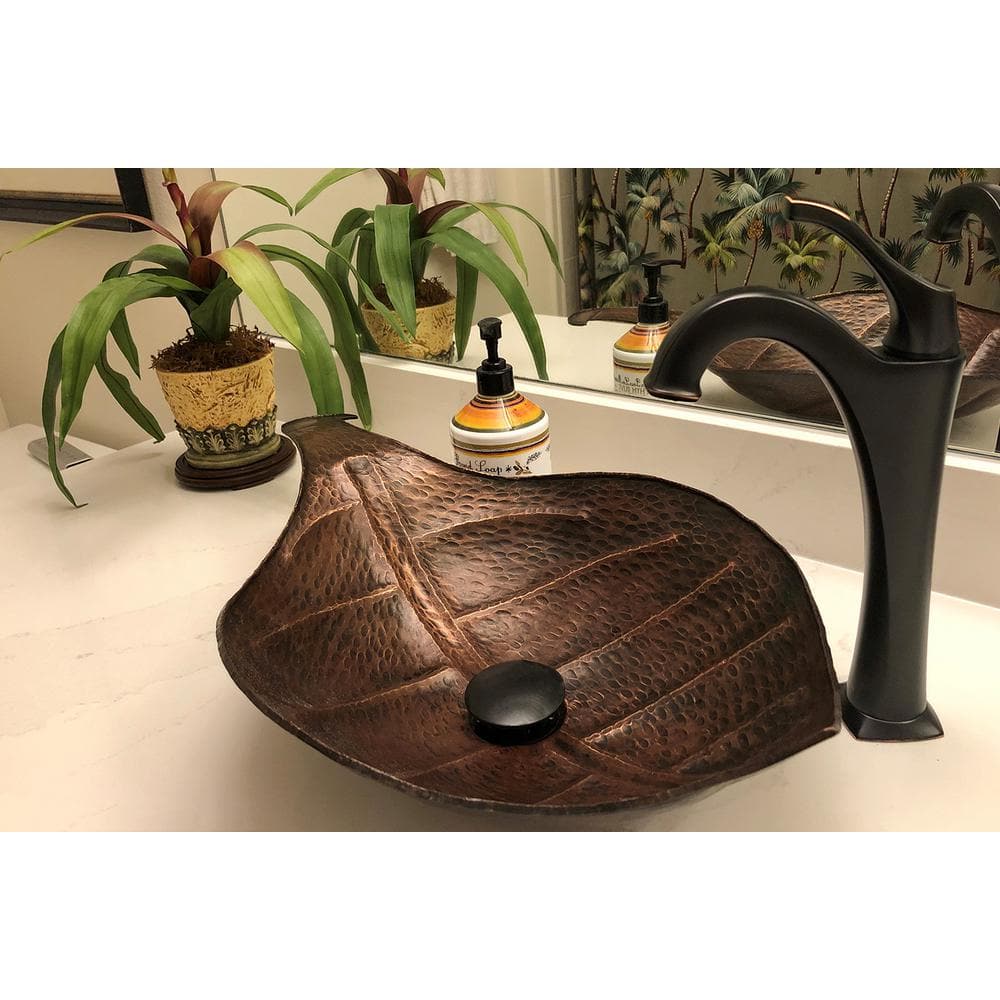Explore the Advantages of Using High-Quality Copper Products for Home and Industry
Explore the Advantages of Using High-Quality Copper Products for Home and Industry
Blog Article
Discovering the Diverse Applications of Copper Products in Modern Industries
Copper products have actually established themselves as indispensable parts throughout a myriad of modern-day industries, largely as a result of their impressive conductivity, malleability, and resistance to rust. From improving the efficiency of electric systems to playing a critical role in sustainable energy modern technologies, the adaptability of copper is apparent. Its recyclability settings it as a sustainable choice in production and electronics. As sectors significantly focus on advancement and sustainability, the diverse applications of copper call for a closer evaluation, specifically regarding their possible effect on future technical improvements and environmental methods.
Electric Applications of Copper
Copper is an essential material in the electric sector, accounting for roughly 60% of the overall demand for non-ferrous steels around the world - Copper Products. Its exceptional electrical conductivity, which is almost two times that of light weight aluminum, makes it the recommended choice for a large range of electric applications. From circuitry systems in property and commercial structures to high-voltage power transmission lines, copper ensures efficiency and reliability in electrical power shipment
In enhancement to electrical wiring, copper is essential to the manufacturing of electrical components such as generators, motors, and transformers. These components take advantage of copper's thermal conductivity and pliability, necessary for warm dissipation and efficient performance. Copper's resistance to corrosion boosts the life-span and toughness of electrical systems, making it an affordable solution in the lengthy term.
The growth of renewable resource resources, such as solar and wind power, has further boosted the demand for copper in electric applications. As sectors change towards lasting energy remedies, copper's duty comes to be a lot more vital. Overall, the convenience and efficiency qualities of copper strengthen its status as a foundation product within the electrical industry, driving technology and efficiency throughout numerous applications.
Plumbing and Piping Solutions
In modern pipes systems, the choice of products considerably impacts both functionality and long life. Copper has actually become a preferred option due to its one-of-a-kind buildings, including corrosion resistance and antimicrobial characteristics. These attributes make sure that copper piping continues to be secure and durable for moving potable water, an important factor to consider in residential and commercial applications.
One of the crucial benefits of copper in pipes is its capacity to stand up to heats and pressures, making it suitable for a variety of applications, from hot water systems to heating and cooling down networks. Additionally, copper's flexibility enables for much easier setup in complicated piping layouts, decreasing the risk of leaks and failures.
An additional noteworthy advantage is copper's lengthy life-span, often going beyond 50 years with appropriate maintenance. This durability not only reduces replacement costs yet additionally adds to lasting methods by decreasing waste. Additionally, copper's recyclability lines up with modern-day ecological requirements, promoting a circular economic climate within the plumbing industry.
Copper in Renewable Power
The convenience of copper extends past plumbing applications, playing an important role in the sustainable power industry. In solar panels, copper is made use of in solar cells and electrical wiring, facilitating effective power conversion and transmission.

Furthermore, as the worldwide demand for electric cars (EVs) rises, copper's duty in battery systems and billing facilities ends up being also a lot more substantial. The material's ability to conduct electricity efficiently is integral to the performance of EV batteries, sites enhancing range and charging rate.
Copper's Duty in Electronic devices
Electronics producing counts greatly on copper's phenomenal properties, particularly its high electric conductivity and thermal effectiveness. These features make copper an excellent selection for a large range of digital elements, including adapters, motherboard, and electrical wiring. The metal's capacity to effectively transfer electric signals makes sure minimal power loss, which is crucial in high-performance digital devices.
Additionally, copper's thermal conductivity plays a substantial duty in heat dissipation, securing delicate components from overheating. This is especially important in contemporary electronic devices, where portable layouts lead to increased heat generation. Copper is likewise preferred for its pliability and ductility, allowing it to be conveniently shaped right into intricate layouts that meet the needs of advanced electronic applications.
With the surge of consumer electronic devices, telecommunications, and electric lorries, the demand for copper in the electronic devices sector continues to grow. As developments in modern technology develop, copper continues to be essential to attaining greater performance and reliability in electronic items. Its recyclability further improves its allure, as manufacturers seek sustainable services without endangering quality. Thus, copper stays a keystone material in the ever-expanding area of electronic devices.
Ingenious Makes Use Of in Production

One notable application remains in additive manufacturing, where copper-based materials are used in 3D printing processes. This enables the production of complicated geometries and lightweight components, especially in the aerospace and automobile fields. Furthermore, copper's find here thermal conductivity makes it an ideal selection for warm exchangers, improving effectiveness in industrial air conditioning systems.
Furthermore, the surge of clever production has seen the unification of copper in IoT gadgets, where its conductive capabilities support innovative noticing modern technologies. In the realm of eco-friendly energy, copper is crucial in the production of photovoltaic panels and wind turbines, assisting in a lot more effective power conversion and distribution.
As markets strive for sustainability and technology, copper's versatility and performance remain to place it as an important product, driving developments in production and adding to the growth of smarter, extra efficient products.
Verdict
In recap, copper items show amazing adaptability throughout various modern industries. Copper Products. Their superior conductivity improves electric applications, while deterioration resistance guarantees reliability in plumbing. The essential function of copper in renewable resource and its essential feature in electronics underscore its value in advancing sustainable practices. Furthermore, ingenious usages in manufacturing over here highlight copper's adaptability and enduring importance. Collectively, these applications highlight copper's vital contribution to technical development and industrial performance in modern society.
From boosting the performance of electrical systems to playing an important function in renewable power innovations, the adaptability of copper is apparent. As industries significantly focus on development and sustainability, the varied applications of copper call for a closer assessment, particularly concerning their prospective impact on future environmental practices and technical developments.
The development of sustainable energy resources, such as solar and wind power, has additionally enhanced the need for copper in electrical applications. On the whole, the adaptability and performance attributes of copper solidify its standing as a cornerstone product within the electric sector, driving technology and effectiveness throughout various applications.
The convenience of copper extends past pipes applications, playing an important duty in the renewable power sector.
Report this page